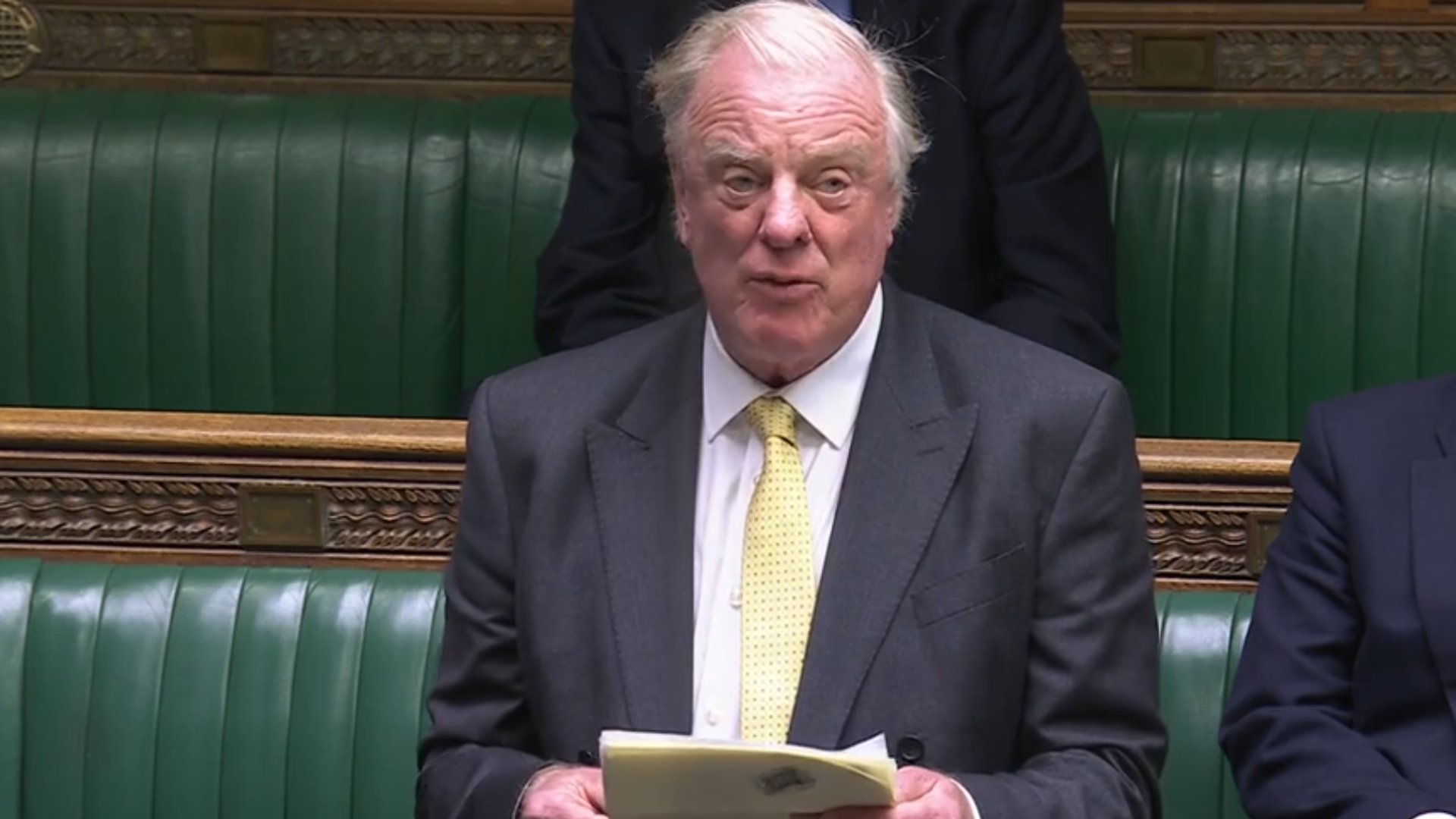
BAR HARBOR — The third time was the charm for supporters of a lodging moratorium in Bar Harbor, Tuesday night. This most recent effort, brought forward by Town Council Vice Chair and newly elected state Rep. Gary Friedmann, focuses on larger lodging types and will last 60 days with an option for the councilors to then enter a regular moratorium with refinements or not. It is in effect for the entire town.
The measure passed 6-1 after the council returned from an extended recess so that attorney Johnathan Hunter from Rudman Winchell and town staff could draft the resolution, refining the proposed moratorium that had been included in the council packet last Friday.
The original proposal had included owner-occupied vacation rentals, but that was dropped in favor of the councilors working to refine loopholes in that registration process without using a moratorium.
“The council’s trying to use a scalpel tonight and not a sledgehammer,” Town Manager James Smith said.
Because it is an emergency ordinance, the moratorium can be adopted at the same meeting as it was proposed. It will be in place for 60 days. Non-emergency moratoriums can be in place for 180 days.
It includes an emergency preamble, which states that that town “is experiencing unprecedented pressure on public facilities and infrastructure due to an increase in Certain Transient Accommodations,” and that residents “have expressed concerns about the development, and operation of certain transient accommodations, including concerns regarding the health and safety, environmental impacts, quality of life, adjacent property values, size, and approval process, especially in regards to such accommodations approved without Planning Board review.”
It goes on to say that Bar Harbor’s “Land Use Ordinance is inadequate to prevent serious public harm due to the current approval process,” and that people are concerned that the “increase in certain transient accommodations will put undue strain on the water, sewer, and stormwater systems” as well as increased traffic congestion.
The moratorium is meant to allow municipal officials “reasonable time” to evaluate the concerns as well as the adequacy of current rules, and if necessary, to develop additional rules.
The moratorium is effective Nov. 19 and applies to anything incomplete and currently in process. An emergency moratorium has to be adopted by a majority of the council plus one, which is five.
At one point, it seemed as if the moratorium would not gather the necessary votes.
Chair Valerie Peacock initially said she wasn’t sure how she was going to vote. She said that there is a temperature among the town that there is too much lodging and that to fix that and change the process requires work that is “big and hard and complicated and will take a lot of time.” She didn’t feel like the moratorium was long enough to bring about change and worried about vilifying people in the transient accommodations industry.
There’s no doubt, Peacock said, that there’s division in Bar Harbor that didn’t begin and doesn’t only exist around lodging.
“Whether you agree or not, we’re all here to try to make Bar Harbor a better place,” Peacock said.
“This is the chance to do the work,” Councilor Joe Minutolo said, warning that taking no action would likely create another citizen initiative, such as the one in 2022 that created the cruise limit caps that are currently in federal litigation.
Councilors Earl Brechlin, Maya Caines, Matthew Hochman, Peacock, Friedmann, and Minutolo voted in favor.
Councilor Kyle Shank voted against it, expressing concerns about the logic of the inclusion of one of the lodging types. Earlier he said that he had an uphill climb to get to a yes vote because of the policy objective.
Hochman had been worried that there was no data to support it being an emergency.
There are an estimated 3,000 to 3,500 rooms for visitors in Bar Harbor, not counting campgrounds and vacation rentals.
”During the grand hotel era we had block-sized hotels,” Hochman said, that could hold 6,000 rooms. “I’m struggling a little bit that this actually meets the legal definition of emergency.” Later in the meeting, a resident said that how people arrived to the island (ferry, train, horse) during that era as well as differing historical norms of water usage had different implications for the town’s congestion and infrastructure.
“I think it’s hard to compare yesteryear to today,” Minutolo said. “This is to give us a chance to breathe.” He later added, “This is not punishment. This is about looking toward the future.”
The ordinance can be renewed as is or tweaked after 60 days. It can also end then or be repealed. If the Council had not enacted the emergency ordinance Nov. 19, the soonest a moratorium could have been enacted was December.
This story was originally published by The Bar Harbor Story. To receive regular coverage from the Bar Harbor Story, sign up for a free subscription here.










